Precautions
Tell your doctor if you are hypersensitive to levofloxacin or other fluoroquinolones before taking it. Inactive
components in this medicine may result in serious allergies or other complications. For more information,
consult your doctor.
Inform your doctor if you have any of the following medical conditions: diabetes, joint or tendon issues (such
as bursitis, tendonitis), kidney problems, mental conditions (such as depression), seizure disorders, a specific
muscle disorder (myasthenia gravis), nerve disorder (like peripheral neuropathy), blood vessel problems (like
aneurysm or obstruction of the aorta or any other blood vessels, stiffening of the arteries), Ehlers-Danlos
syndrome, Marfan Syndrome.
Levofloxacin has been linked to a heart rhythm disorder (QT prolongation). QT prolongation can induce
dangerous (occasionally fatal) irregular or fast heartbeat as well as other symptoms (like fainting and dizziness)
that require immediate medical intervention. If you have specific medical problems or are using other medicines
that may induce QT prolongation, your chance of QT prolongation could be increased. Before using levofloxacin,
inform your doctor about all the medicines you are currently taking, as well as if you have any of these conditions:
certain heart problems (heart failure, sluggish pulse, QT prolongation in the ECG), a family history of specific
heart problems (QT prolongation in the ECG, sudden cardiac death) etc.).
Low levels of magnesium and potassium in the blood may potentially increase your risk of having QT
prolongation. This risk may rise if you use certain medicines (such as diuretics) or have conditions such as
excessive sweating, diarrhea, or vomiting.
Consult your doctor about how to use levofloxacin safely. Levofloxacin can cause significant blood sugar
fluctuations in certain people, especially if they have diabetes. Monitor your blood sugar as prescribed and
inform your doctor about the results.


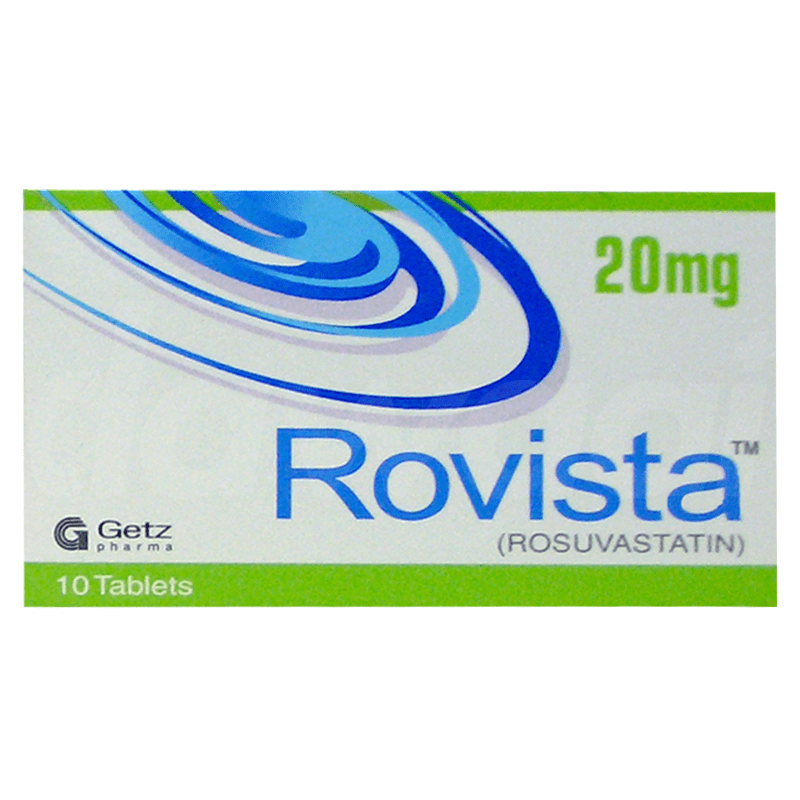
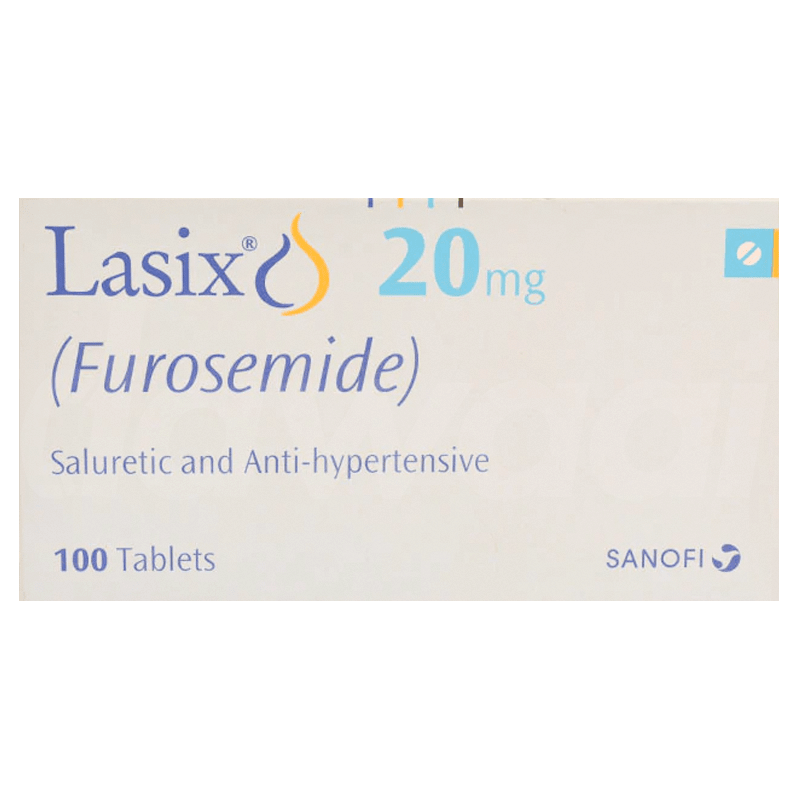
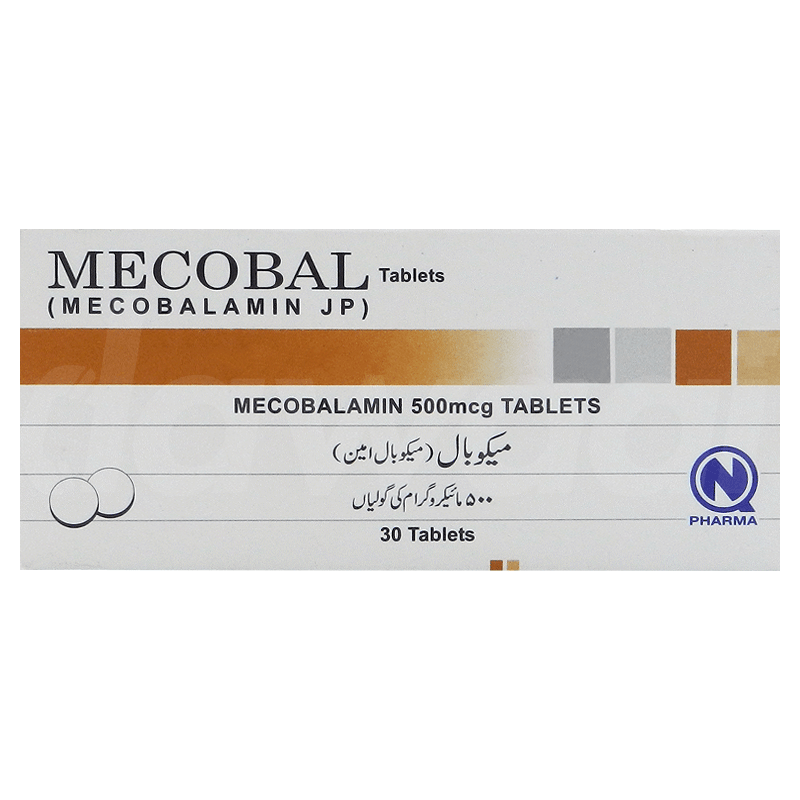

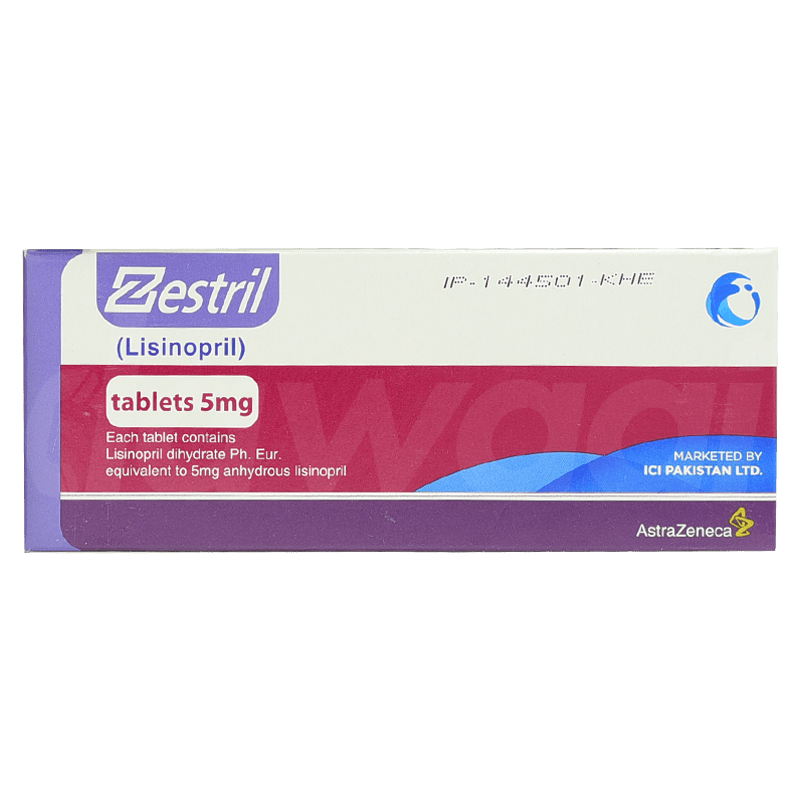








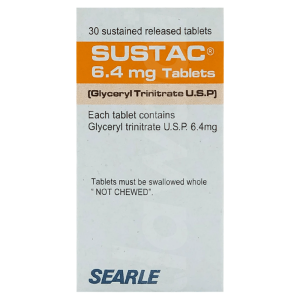

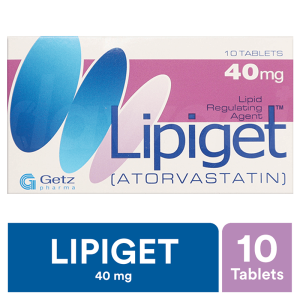



Reviews
There are no reviews yet.